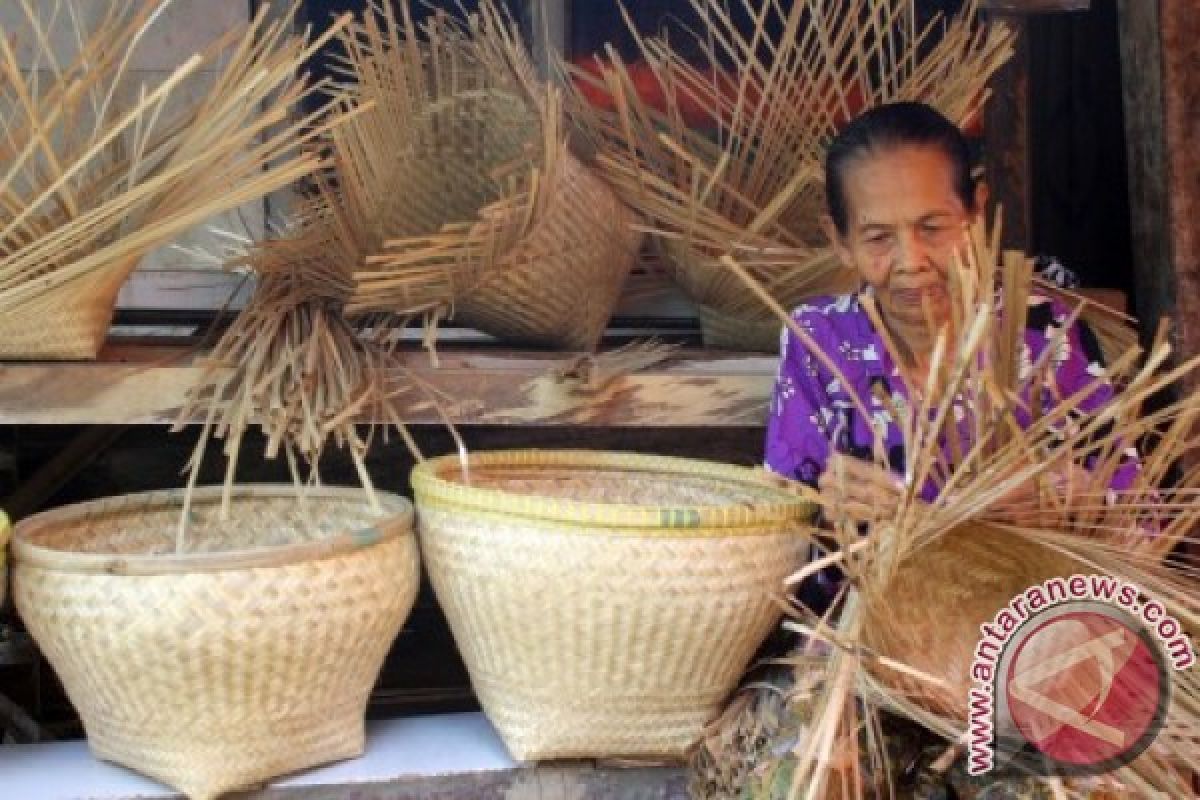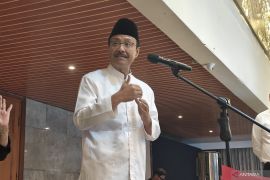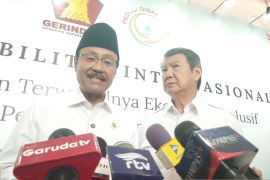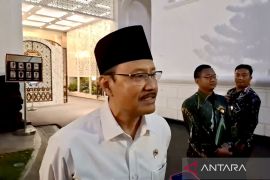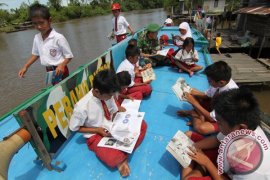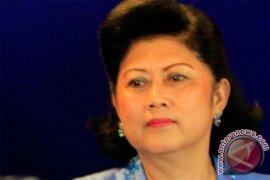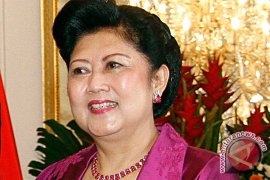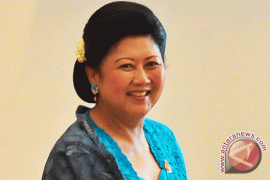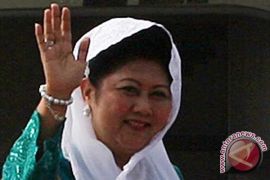"They are the country`s assets."Jakarta (ANTARA News) - With the significant improvement in life expectancy worldwide, global aging has become a striking phenomenon, including in Indonesia.
Life expectancy has risen rapidly to nearly 70 years for women and 65 for men, and further improvements are expected.
Indonesia has contributed significantly to the accelerated growth of the elderly population worldwide. It is estimated that the country will experience an elderly population boom in the first two decades of the 21st century.
According to the State of the World`s Older People 2002, Indonesia`s elderly population was 5.3 million, or 4.48 percent of the country`s total population, in 1971. It increased to 12.7 million (6.56 percent) in 1990, and is estimated to reach 28.8 million (11.34 percent) in 2020.
The United Nations has predicted that the percentage of Indonesians over the age of 60 years will increase from 7-8 percent of the population in 2002 to 13 percent in 2025; this figure may even reach 25 percent in 2050 - or nearly 74 million elderly people.
Several provinces have a greater number of elderly people than the national average, and Yogyakarta has the largest elderly population in the country.
The rapid growth of the elderly population poses a number of challenges, such as inadequate health and care services, lack of welfare provision and a legal framework that often does not specifically address elderly people.
In reality, although many elderly people lead a happy, active and healthy life, they are often regarded as burdens on their family.
While observing the National Day for Elderly People in Jakarta on Tuesday (May 29), First Lady Ani Yudhoyono reminded the nation that elderly people are not a burden on the public but an asset to the community, considering their contribution to national development.
"The elderly must not be regarded as the community`s burdens, because they are the country`s assets," Ani remarked when receiving elderly people representing Indonesia`s 33 provinces at the State Palace.
The theme for this year`s celebration of the National Day for Elderly People 2012 was "The Elderly Care for the Promotion of Harmony among Three Generations."
According to Law No. 13/1998 on the Welfare of Elderly People, those above 60 years of age are categorised as elderly citizens.
The First Lady, who will turn 60 this year, mentioned some elderly national figures - such as Herawati Diah, Titik Puspa, Moeryati Sudibyo, Martha Tilaar and Haryono Usman - who were still active, despite their advanced age.
She urged the community to care more for the elderly, stating that "although they are old, they can still develop their capabilities and share their experiences with the younger generation."
A similar sentiment was voiced by Social Affairs Minister Salim Segaf Al Jufri in Palu, Central Java, on May 22. The minister urged the community at large to participate in caring for the elderly, especially those who are being neglected.
"We still have 2.9 million elderly people who are being neglected. We want to see how far people`s family values and compassion can take them in their involvement in such community affairs. This spirit has to be cultivated," he remarked.
At present, Indonesia has the fifth-largest elderly population in the world; in 2010, this population comprised 18.04 million people - or 9.6 percent of the country`s total population.
Having the fifth-largest elderly population in the world has its implications; for example, there is a growing need for better service and social protection for the elderly.
Salim noted that the widespread poverty among families presented a problem in caring for the elderly. The minister observed that despite the existence of some ways to provide care to the elderly, such as home care, families were finding it difficult to make the minimal effort.
"We understand that there are families who are experiencing extreme poverty, but there needs to be an understanding that people are here in this world because of their elderly parents. It can evoke a sense of enthusiasm among them to care for their elders," he stressed.
According to Salim, Indonesia has a massive number of abandoned elderly people, and therefore, it is important to involve all sections of the community as well as seek help from the district government.
The management of neglected elderly people is one of the main responsibilities of the Social Affairs Ministry. Each neglected elder receives a social benefit of Rp300,000 each month, for better management of the problem.
The ministry not only runs several nursing homes but also provides home care, through which the elderly receive care at their family`s residence.
Bali province is planning to establish a Senior Citizen Centre to accommodate elderly people who wish to contribute their ideas to the society and the nation.
Bali Governor Made Mangku Pastika has lauded the plan to start a Senior Citizen Centre, which was initiated by the Wredha Sejahtera Foundation (YWS) headed by Prof Dr Luh Ketut Suryani.
The centre will help the elderly people to feel productive and useful, said the governor.
Dr Luh Ketut Suryani said that the government should take steps to improve the welfare and health of elderly people, because if they are neglected, poor and sick, they will indeed become burdens to their families and the government.
Based on the Social Affairs Ministry`s data for 2006, around three million out of 16.5 million elderly people are neglected.
Therefore, the government is expected to promote social protection coverage for the elderly, which includes providing a social pension to poor and needy elderly people, in order to improve their well-being and social participation.
(Uu.F001/INE/KR-BSR/B003)
Reporter: by Fardah
Editor: Priyambodo RH
Copyright © ANTARA 2012
